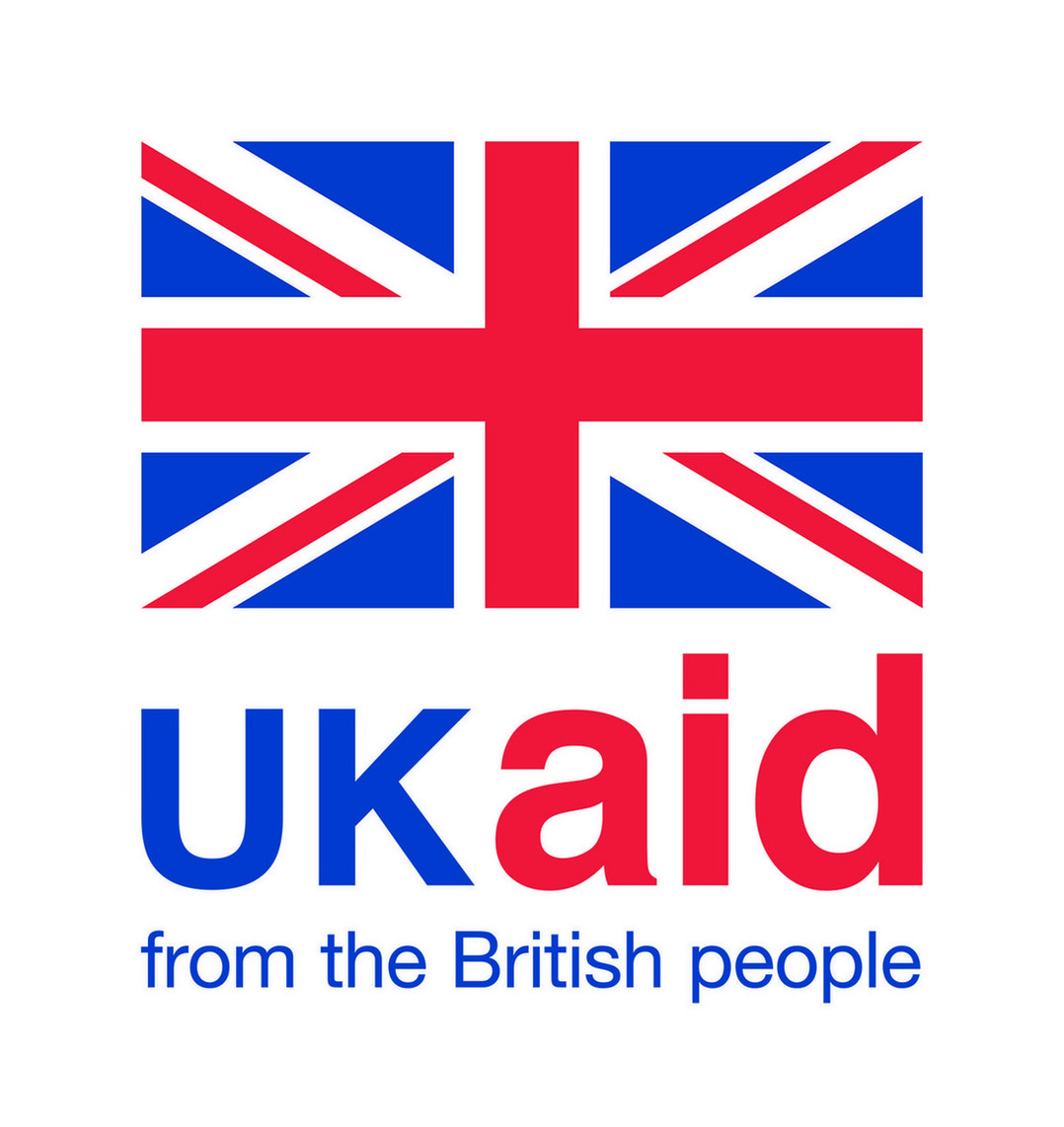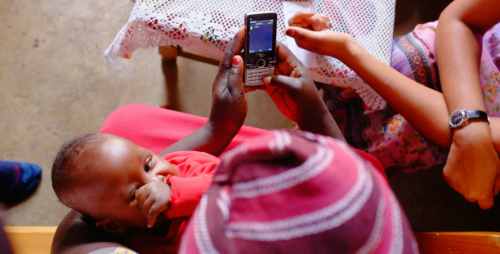As mobile technology continues to grow with penetration rates in Kenya currently at 86.2 per cent, and a subscriber base of 39.1 million as of March 2017 (source – Communications Authority), mobile technology has continued to revolutionise life in Kenya. Examples range from the famous mobile money transfer services, to a crowd of innovative interventions in health, agriculture, utilities and even government issued retail bond purchased through mobile! There is definitely a lot going on. One largely ignored area however is nutrition. This is perhaps because the effects of malnutrition are not immediately recognisable in a population e.g. difficulty learning or reduced productivity in the future. So, both population and often policy makers struggle to prioritise nutrition interventions.
At the individual level, good nutrition often requires lifestyle modifications, diet changes, farming changes, or even transforming cultural beliefs that require time to take place. Key stakeholders in Kenya, including government, development partners, community based organisations and even the private sector however, continue to invest time and energy to bring about the desired behaviour change. This is done through various means of communication, and program interventions with a key focus on maternal neonatal and child health (MNCH). This is said to be the key inflection point where the impact of nutrition on an individual is made or broken. So where does the mobile revolution fit in this space? Is it in reach? Mobile technology’s unprecedented ability to reach individuals with certainty, at scale and at lower cost compared to publications and traditional media, make it worth exploring how nutritional changes can be driven through mobile services.
When the DFID-funded GSMA mNutrition Initiative began, we quickly realised that the need for accurate, timely, relevant and contextual information is fundamental to drive behaviour. We embarked on a journey to make available mobile-ready nutrition content targeting MNCH, across eight Sub-Saharan countries in order to kick-start the use of mobile to disseminate key messaging, at scale, that is fundamental to enabling behaviour change.
In Kenya, we are excited that the mNutrition content is now fully approved by the Ministry of Health, and already in the hands of key partners like Totohealth, Arifu, Living Goods and Medic Mobile, with the aim of making this content not only readily available, but easy to access through mobile technology. The content available covers key health categories including adolescents and women of reproductive age, pregnant women, post-partum women, new-born babies and infants and young children. Topics include obesity prevention, water sanitation and health practices, breastfeeding, vitamin supplementation, complementary feeding and more. The content is available on request for now, as we continue to develop a portal where all content across the eight Sub-Saharan countries will be available for use.
Totohealth, one of our first partners, has already embedded the messages in its SMS service, providing stage based messaging from four weeks of pregnancy through the first two years of the child’s life. The service that has reached over 35,000 users is easy to subscribe to by sending the word ‘TOTO’ to 20209, allowing subscribers to select what service (pregnancy or child) they are interested in, as well as whether they wish to subscribe for a monthly, quarterly, bi-annual or annual package. While conducting user experience (UX) research exercises with subscribers of the service, it was evident that Totohealth was providing much needed awareness and information to many pregnant women, who otherwise did not have strong social support networks. To quote a lady by the name of Lydia, from Thika town, “Now I have a source I can trust and rely on. It has really helped me”.
Altogether, this marks a significant milestone, where for the first time, all stakeholders will have access to a common source of validated, approved and mobile-ready content for nutrition. This will ensure that despite being reached by different services, pregnant women, mothers and caregivers all over Kenya will receive the same consistent messages that they can trust. As for partners and implementers in the nutrition sector, they will be in a position to get up and running rapidly on mobile-based nutrition interventions, since the content is already adapted for mobile, reviewed by experts, tested with beneficiary groups, and approved by the Ministry of Health. Maternal Neonatal and Child Health Nutrition is now digital in Kenya.
This project was funded with UK aid from the British people.


